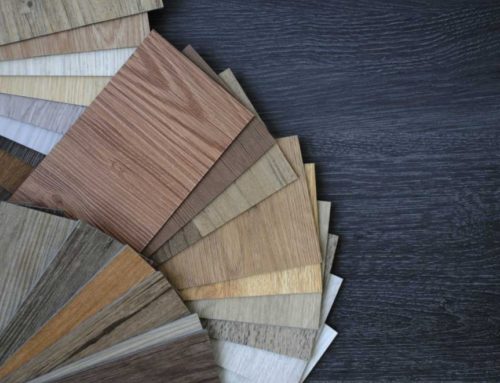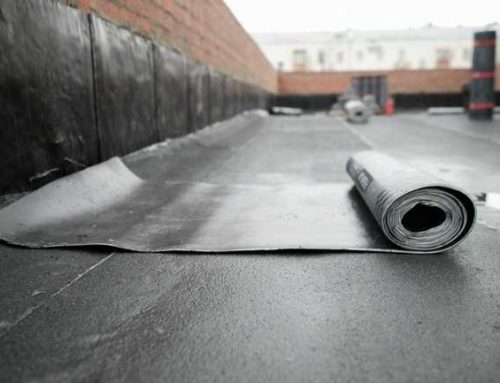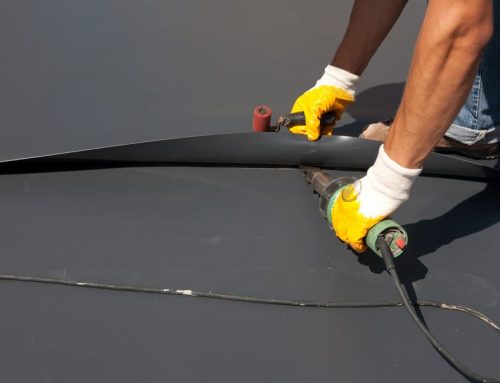If you are looking to update your roofing, chances are you’ve heard the terms ‘pitched roof’ and ‘flat roof’ thrown around. However, you may be looking into the pros and cons of flat and pitched roofs before you make a final decision. Whether your building is domestic or commercial, the roof structure is an integral part of its design, with the aesthetic look of your roof dependent on the type and style of the property, your budget and relevant planning and building regulations.
Typically, there are two types of roofs to choose from when planning a new build project or extension to your current property – pitched and flat roofing. In this blog, we outline some of the main points to consider for each option, helping you to weigh up which may work best for you.
Pitched roofing
A pitched roof comes with two slopes that rise to meet at a peak. They are known for their
significant lifespan as well as increasing space in your loft area,affording the type of flexibility that a flat roof simply won’t be able to match. Your property will benefit from added insulation and rooms will not be afflicted by extreme temperatures, that can often occur with a flat roof installation.
Nevertheless, pitched roofs can come with a hefty price tag; their complex design and significant labour and material price mean that pitched roofs are much more costly than flat roofs. Moreover, installing a pitched roof may end in issues with the depths of your property’s footings as it places a greater burden on the building’s foundations. This means that it may not always be possible to replace an older flat roof with a pitched roof.
Flat roofing
Flat roofing proves a highly popular choice largely because it saves space. Due to their space-saving, compact design, flat roofs are particularly good for smaller structures, such as extensions, dormers, porches and garages. A flat roof is essentially a horizontal base fixed to the building’s ceiling joists and then covered with a waterproof membrane. To encourage rainwater to drain from the roof, a flat roof is slightly pitched by a couple of degrees.
Flat roofing is an economic and efficient option, which will save you money on energy bills. Its construction often involves less labour and materials than a pitched roof counterpart and a full replacement can often take just a day.
In most cases, flat roofs are constructed from mineral felt which is then covered with a thin layer of stone chippings to cover the roof from UV sunlight. Moreover, there is a tendency for flat felt roofs to blister in warm weather, attract damaging moss and algae and crack with temperature changes.
Cooper & Williams have specialised in all aspects of pitched and flat roofing for over 40 years. We carry out anything from repairs to complete replacement using traditional and modern materials including upgrading insulation leadwork and chimney repairs. Get in touch on 01743 850711 or visit our website to find out more.





